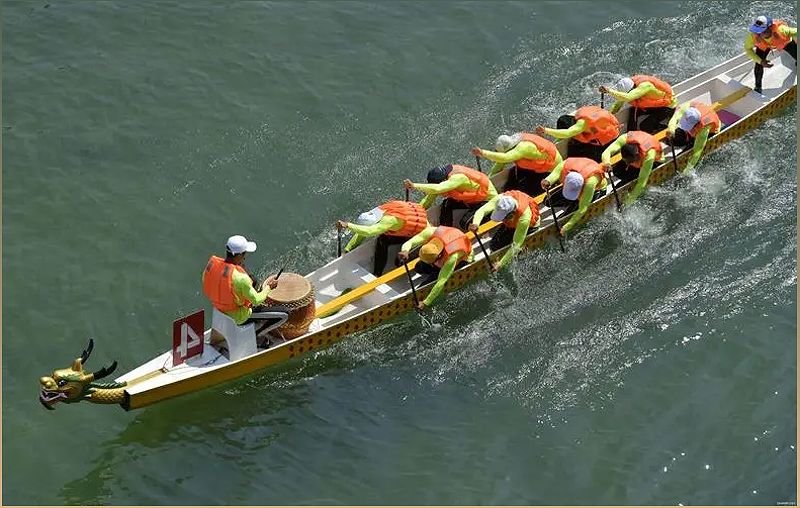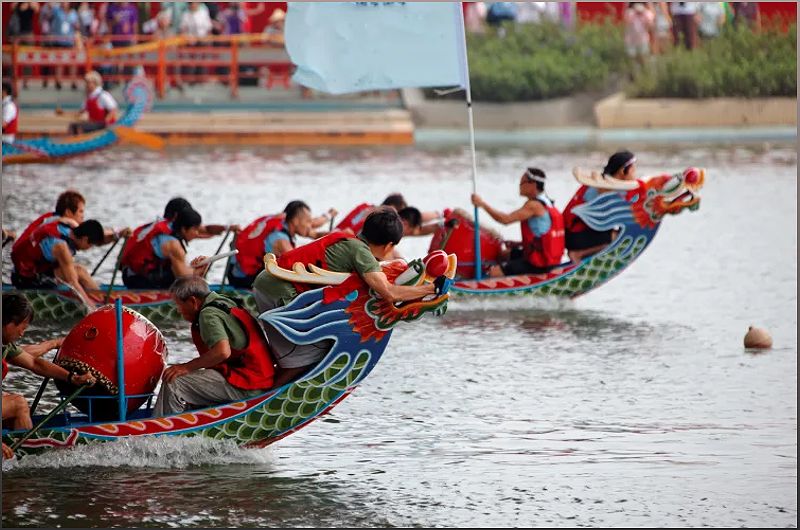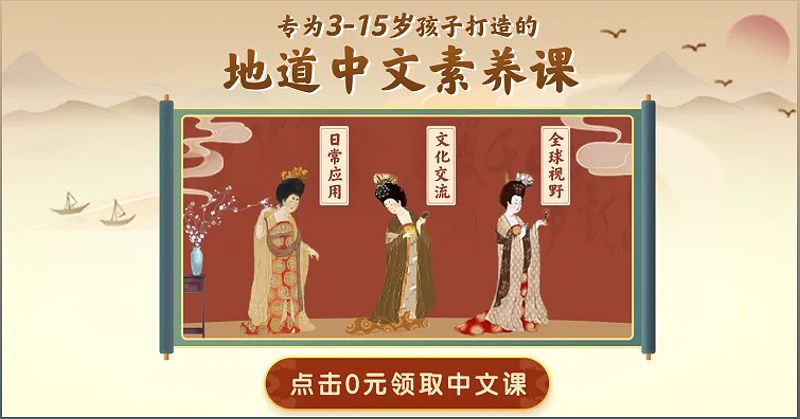Learn about the rich history and cultural significance of dragon boat culture, and how it serves as a bridge connecting overseas Chinese with their heritage.
The History and Origin of Dragon Boat Culture
The Dragon Boat Festival, also known as Duanwu Festival, has a long-standing history that dates back to the ancient state of Chu in China. On this day, people held dragon boat races to commemorate the great patriotic poet Qu Yuan. After being exiled, Qu Yuan drowned himself in the river, and people took to their boats to search for his body, a practice that evolved into today's dragon boat races. "The Records of the Grand Historian: Biography of Qu Yuan" documents Qu Yuan's loyalty and tragedy, while the customs of the Dragon Boat Festival serve as a remembrance of his noble character.
The legends and stories surrounding the Dragon Boat Festival are rich and varied, with the most famous being that of Qu Yuan. Loyal to his country yet faced with slander, Qu Yuan chose death to demonstrate his integrity. To prevent fish and shrimp from desecrating Qu Yuan's body, people threw zongzi (rice dumplings) into the river as food, which also explains the tradition of eating zongzi during the festival. Additionally, there are many other folk tales and legends related to the Dragon Boat Festival, such as the escape of Wu Zixu and the filial piety of Cao E, all of which add cultural depth to the holiday.
In 2009, the Dragon Boat Festival was officially inscribed on UNESCO's Intangible Cultural Heritage list, an international recognition of the unique value of dragon boat culture and an affirmation of its historical and cultural significance. As an important intangible cultural heritage, dragon boat culture carries the collective memory and national spirit of the Chinese people.
Celebrating the Dragon Boat Festival and Its Cultural Significance
Dragon boat racing is the central activity of the Dragon Boat Festival. Traditionally, dragon boats are long and shaped like dragons, with the head and tail of the boat carved to resemble a dragon, symbolizing the warding off of evil and disaster. During the races, rowers work together in unison, paddling vigorously, embodying the spirit of teamwork. Over time, dragon boat racing has incorporated modern elements and has become an international sporting event. Modern dragon boat competitions not only emphasize speed and strength but also focus on strategy and skill, making the races more competitive and entertaining to watch.
In addition to dragon boat racing, the Dragon Boat Festival is associated with many other traditional customs, such as wearing fragrant pouches, hanging calamus, and eating zongzi. These customs not only add fun to the festival but also have profound cultural meanings, reflecting people's wishes for health, happiness, and longevity. The festival food, zongzi, is not only a commemoration of Qu Yuan but also embodies rich local characteristics and ethnic customs.
Dragon boat culture is not just a sporting activity but also a cultural symbol. It represents justice, courage, and perseverance, inspiring people to be tenacious in the face of adversity. At the same time, the Dragon Boat Festival is a manifestation of community cohesion and cultural identity, especially for overseas Chinese communities, where it serves as an important cultural bond.
The International Spread of Dragon Boat Culture and the Role of Overseas Chinese
With the advancement of globalization, the celebration of the Dragon Boat Festival has transcended national boundaries and become an important event in Chinese communities worldwide. In many countries and regions, local Chinese organize dragon boat races and cultural festivals that attract people from various backgrounds, thereby extending the influence of dragon boat culture. At these events, audiences can not only enjoy the thrilling dragon boat races but also experience a rich array of cultural performances, such as Chinese dance, martial arts demonstrations, and traditional music, making the Dragon Boat Festival a feast for both the eyes and ears.
Overseas Chinese play a pivotal role in promoting and preserving dragon boat culture. They organize dragon boat races abroad and introduce this traditional festival to non-Chinese communities through social media and cultural exchange activities. Through these efforts, dragon boat culture has been disseminated and preserved globally. For instance, in some cities in North America and Europe, the Dragon Boat Festival has become an indispensable part of the local cultural calendar, attracting thousands of participants and spectators.
For overseas Chinese, the Dragon Boat Festival is not only about cultural heritage but also a symbol of identity. By participating in the festival's celebrations, overseas Chinese maintain a connection with their cultural roots and pass on the essence of Chinese culture to the next generation. These cultural activities help to enhance the cultural confidence and sense of belonging among overseas Chinese. In this process, dragon boat culture becomes a bridge that connects overseas Chinese with their cultural origins, helping them find resonance and identity in a foreign land.
Conclusion: Learning Chinese to Deepen Understanding of Dragon Boat Culture
To truly delve into dragon boat culture, learning Chinese is an indispensable path. Chinese is not only the carrier of Chinese culture but also the key to understanding the history and traditions of the Dragon Boat Festival. Consider letting your child learn Chinese! Chinese is the gateway to China's long history and unique culture.
At LingoAce, each course is the result of our team's over a hundred hours of course design, textbook production, simulated teaching, teacher training, and quality control. We invite you and your child to participate in a free trial class and experience LingoAce's extraordinary Chinese learning experience firsthand!



